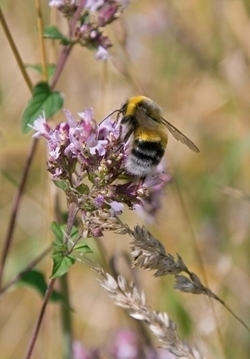Since the Allerton Project started in 1992, agricultural  objectives have shifted toward combining the need for food security with environmental objectives. The project has played a key role in influencing this policy through its own farm business and research activities.
objectives have shifted toward combining the need for food security with environmental objectives. The project has played a key role in influencing this policy through its own farm business and research activities.
Boosting biodiversity and improving habitats
Game management has been shown to have beneficial effects on other wildlife through habitat management, predator control and supplementary feeding in winter. For example, abundance of many bird species has soared.
Habitats have been developed and created in the noncropped area to benefit a range of terrestrial wildlife, while measures to improve water quality and aquatic wildlife have been developed within and outside the cropped area.
Creating multiple benefits
Wherever possible, we identify management practices that have multiple benefits, such as woodland management for game, wildlife, carbon sequestration and wood fuel for our own buildings. Reduced tillage of soil improves soil moisture retention and soil structure for crops, and reduces crop establishment costs and carbon emissions, as well as improving water quality.
Much of our research is carried out in collaboration with other research organisations and through co-supervised PhD and MSc studentships.